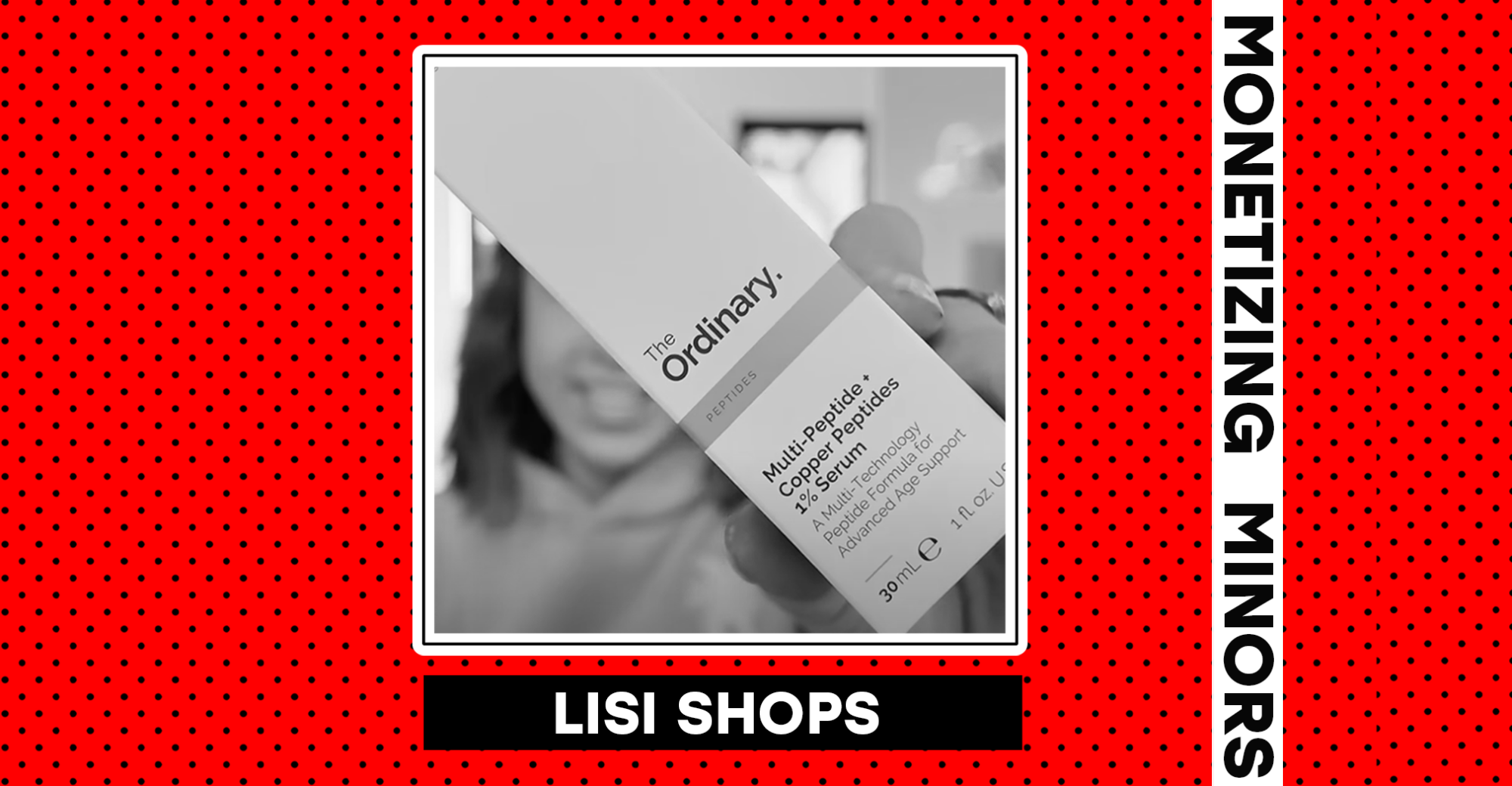
St. Ives Body Lotions
January 2020: This case was voluntarily dismissed When a complaint is dismissed with prejudice, it cannot be refiled. for undisclosed reasons.
August 2019: A federal judge dismissed some of the claims in this case concluding that the plaintiffs did not have standing for the injunctive relief claims and did not state a claim as to the labels used after 2015. Other claims in the case – including ones about the older labels – will move forward.
April 2019: Plaintiffs filed an amended complaint similarly alleging that the St. Ives® lotions and body washes are natural when, according to the complaint, the products contain unnatural and synthetic ingredients.
April 2017: A class-action lawsuit was filed against Unilever for allegedly falsely marketing St. Ives body lotions as being “Made with 100% Natural Moisturizers” when they actually contain artificial and synthetic ingredients. (Robinson et al v. Unilever United States, Inc. and Does 1-25, Case No. 17-cv-3010, C. D. Cal.)
For more information about natural claims, click here.
Class-Action Tracker


St. Ives Apricot Scrub
The Latest

Monetizing Minors: Aneliese German (aka Lisi Shops)
What’s this kidfluencer doing promoting a “youth cream”?

TINA.org Supports FTC’s ‘Click to Cancel’ Rule against Industry Challenge
Companies should not be able to trap consumers into subscriptions that they do not want.

Consumers Throw Flags on Super Bowl Advertisers
Six big game marketers that have been accused of fumbling ad claims.

Most Deceptive Ads of 2023
Some of the worst ads TINA.org covered this year.

Hair-Raising Claims by Unilever’s Nutrafol Reported to Regulators
TINA.org files complaint with the FDA and FTC over company’s hair growth claims.